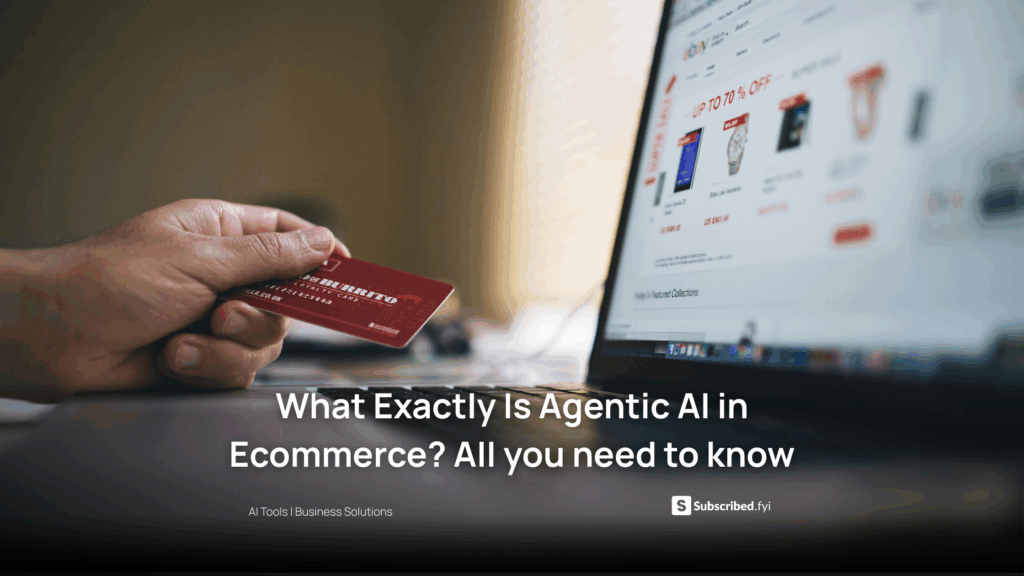Exploring 6 e-commerce business models
Exploring 6 E-commerce Business Models
E-commerce has revolutionized the way businesses operate and interact with customers, offering a wide array of business models to suit different needs and preferences. In this comprehensive guide, we will delve into six popular e-commerce business models, exploring their key characteristics, advantages, and challenges. Whether you’re a budding entrepreneur or an established business looking to diversify your revenue streams, understanding these models can help you make informed decisions and unlock new opportunities in the dynamic world of online commerce.
Understanding E-commerce Business Models
1. Business-to-Consumer (B2C):
The B2C model involves selling products or services directly to individual consumers through online storefronts or marketplaces. This model is widely adopted by retailers and brands seeking to reach a large consumer audience and capitalize on the convenience and accessibility of online shopping. B2C e-commerce offers businesses the opportunity to build strong brand identities, engage directly with customers, and leverage data analytics for personalized marketing.
2. Business-to-Business (B2B):
In the B2B model, businesses sell products or services to other businesses through online platforms or specialized marketplaces. This model is prevalent in industries such as manufacturing, wholesale, and distribution, where businesses require bulk purchases or specialized solutions. B2B e-commerce facilitates streamlined procurement processes, improved supply chain efficiency, and greater access to a diverse range of suppliers and vendors.
3. Consumer-to-Consumer (C2C):
C2C e-commerce enables individual consumers to buy and sell products or services directly to each other through online platforms or peer-to-peer marketplaces. Examples of C2C platforms include online auction sites, classified ad websites, and social media marketplaces. This model empowers individuals to monetize their assets, access a global customer base, and engage in entrepreneurial ventures without the need for traditional brick-and-mortar infrastructure.
4. Consumer-to-Business (C2B):
In the C2B model, individual consumers offer products or services to businesses, often in the form of freelance work, consulting services, or user-generated content. This model is prevalent in industries such as digital marketing, content creation, and influencer marketing, where businesses seek to leverage the expertise and creativity of individual professionals. C2B e-commerce provides businesses with access to specialized skills, fresh perspectives, and cost-effective solutions.
5. Subscription-Based Model:
The subscription-based model involves offering products or services to customers on a recurring basis in exchange for a subscription fee. This model is popular in industries such as software as a service (SaaS), streaming media, and subscription boxes, where customers value ongoing access to products or services. Subscription e-commerce provides businesses with predictable revenue streams, enhanced customer loyalty, and opportunities for upselling and cross-selling.
6. Marketplace Model:
The marketplace model brings together buyers and sellers on a single platform, allowing them to transact directly with each other. Marketplaces can focus on specific product categories, such as electronics or fashion, or offer a wide range of products across multiple verticals. Examples of marketplace platforms include Amazon, eBay, and Alibaba. The marketplace model offers businesses access to a large and diverse customer base, reduced overhead costs, and opportunities for scale and growth.
Relevant SaaS Products for E-commerce
To support and optimize your e-commerce business, consider leveraging the following SaaS products:
1. Shopify:
Shopify is a leading e-commerce platform that enables businesses to create and manage online stores with ease. With features such as customizable storefronts, secure payment processing, and integrated marketing tools, Shopify empowers businesses of all sizes to launch and grow their online presence.
2. Magento:
Magento is a flexible and scalable e-commerce platform that offers advanced features for businesses with complex needs. From customizable storefronts and robust product management to powerful analytics and marketing tools, Magento provides the tools and capabilities to create unique and engaging online shopping experiences.
3. BigCommerce:
BigCommerce is a comprehensive e-commerce platform that caters to businesses of all sizes, from startups to enterprise-level organizations. With its user-friendly interface, extensive app marketplace, and built-in SEO features, BigCommerce simplifies the process of building, managing, and growing an online store.
4. WooCommerce:
WooCommerce is a customizable e-commerce plugin for WordPress that allows businesses to transform their websites into fully functional online stores. With its wide range of extensions and integrations, WooCommerce offers flexibility and scalability for businesses looking to sell products or services online.
5. Salesforce Commerce Cloud:
Salesforce Commerce Cloud is a cloud-based e-commerce platform that enables businesses to deliver personalized shopping experiences across multiple channels. With its AI-powered product recommendations, omnichannel capabilities, and robust analytics, Commerce Cloud empowers businesses to drive engagement and conversion at every touchpoint.
In conclusion, exploring the diverse range of e-commerce business models offers businesses valuable insights into the opportunities and challenges of online commerce. By understanding the characteristics, advantages, and considerations of each model, businesses can make informed decisions and tailor their strategies to meet the evolving needs of their customers and markets.
For businesses seeking to optimize their e-commerce operations and explore new business models, Subscribed.FYI serves as a valuable resource. With its curated selection of SaaS products and insightful recommendations, Subscribed.FYI empowers businesses to discover and implement solutions that drive growth, efficiency, and profitability in the competitive e-commerce landscape. Sign up today to unlock exclusive deals and discounts on top e-commerce tools, helping you build and scale your online business with confidence.
Relevant Links:





